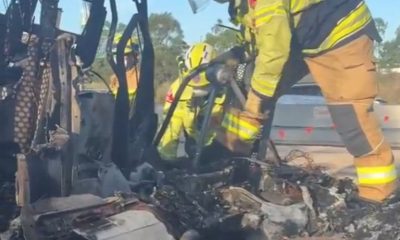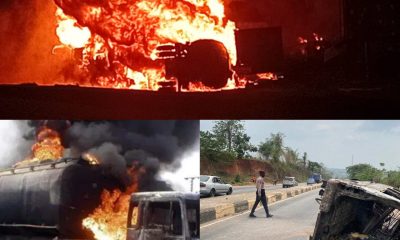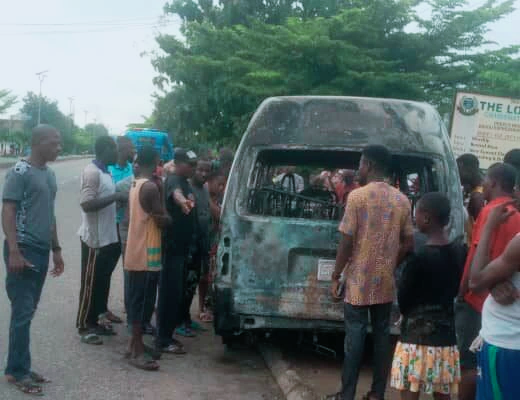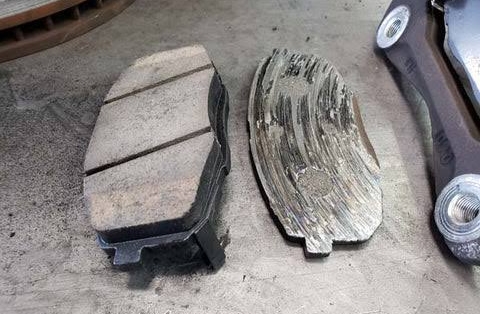News Update
Bekwara-Ogoja Highway Deteriorates, Seeks gov’t intervention

The Bekwara-Ogoja Highway, a critical link for residents and commuters in Cross River State, has reached a state of alarming disrepair, sparking widespread concerns from motorists, local communities, and business owners alike.
Stretching between Bekwara Local Government Area and the city of Ogoja, this highway serves as a key route for transporting goods, agricultural produce, and travelers across the northern part of the state.
Its worsening condition threatens not only the safety of road users but also the socio-economic lifeline of the region.
For months, the Bekwara-Ogoja road has been riddled with deep potholes, eroded sections, and persistent flooding during the rainy season, turning what was once a relatively smooth drive into a treacherous and time-consuming journey.
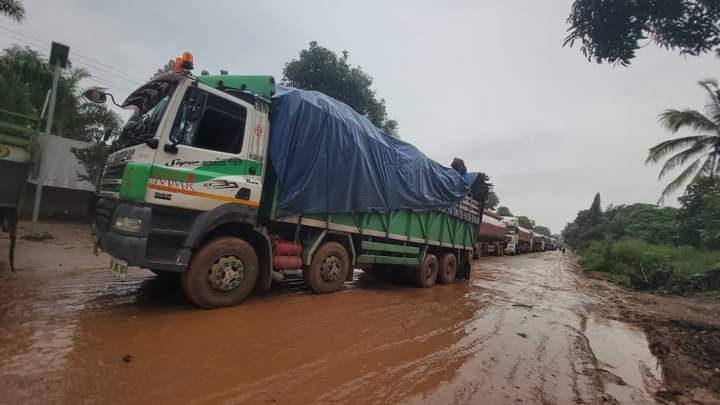
Heavy rains have washed away portions of the asphalt, leaving gaping holes and uneven surfaces, while inadequate drainage systems have allowed water to pool on the highway, exacerbating the damage.
Many road users complain of frequent accidents and vehicle breakdowns, with some describing the road as “an accident waiting to happen.”
Commercial drivers, who rely on the highway to transport passengers and goods between the major towns in the area, have been hit particularly hard.
They report rising maintenance costs due to damage inflicted on their vehicles by the poor road conditions.
A local transporter, Mr. Lawrence Ugor, lamented, “Every week, we have to visit the mechanic. The tires, shocks, and even the chassis are all affected. This is seriously reducing our profit margins. If this road is not fixed soon, we will be out of business.”
The Bekwara-Ogoja axis is a crucial agricultural hub in northern Cross River, known for the production of crops like yams, cassava, and palm produce.
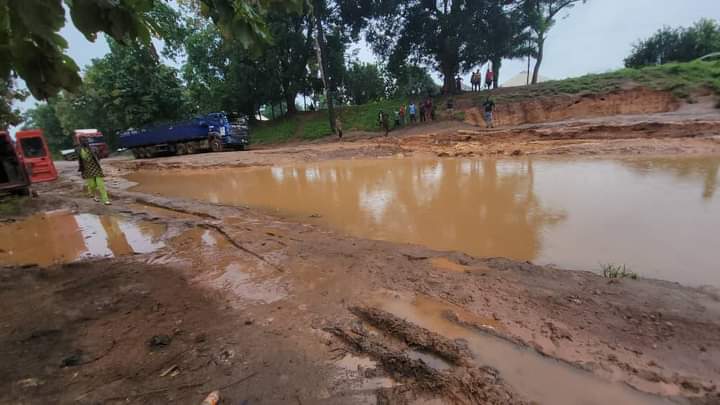
Farmers in the area have expressed their frustrations over the increased difficulty in moving their goods to markets.
This delay in transportation has led to post-harvest losses, as perishable goods like vegetables and fruits rot before reaching their destinations.
Mrs. Esther Ekoja, a cassava farmer in Bekwara, described the challenges faced by the agricultural community: “This road is our only access to the Ogoja market. Now, many of us are unable to transport our produce in time. Buyers have reduced their patronage because they say it’s risky to come all the way here. We’re suffering.”
With reduced movement and higher transportation costs, local businesses are also feeling the pinch.
The poor state of the highway has driven up the price of goods in local markets, further straining an already fragile economy in the region.
Despite numerous complaints from residents and commuters, the Cross River State Government has yet to address the dire situation on the Bekwara-Ogoja road.
Community leaders have called on both the state and federal governments to prioritize the rehabilitation of this critical infrastructure.
Chief Sylvanus Abang, a traditional leader from the Bekwara area, expressed his concern: “This road is a major artery for the people of Bekwara and Ogoja. It connects us to other parts of the state, and its deterioration is isolating us. We appeal to the government to act swiftly before we experience any more loss of lives or livelihoods.”
Frustrated by the lack of action, residents and local youth groups have begun organizing protests to draw attention to the highway’s condition.
Recently, a peaceful demonstration was held at the Bekwara junction, where protesters blocked part of the road, demanding immediate intervention.
The demonstrators carried placards with inscriptions such as “Fix Our Roads Now” and “Bad Roads, Bad Economy.”
In response to the outcry, some political figures have spoken out, promising that the government will address the problem soon.
However, these assurances have been met with skepticism from the public, given the prolonged neglect of the road.
Experts have pointed out that long-term solutions, such as proper drainage systems, quality asphalt resurfacing, and routine maintenance, must be part of any repair plan.
The failure to adequately maintain infrastructure like the Bekwara-Ogoja Highway could have far-reaching consequences for the state’s development and its ability to attract investment.
For now, the residents of Bekwara and Ogoja continue to hope that their pleas will be heard, and that relief will come before the road becomes completely impassable.





